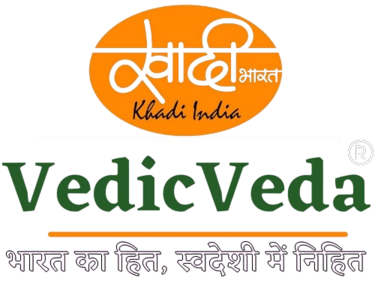Refined or White Sugar: What Is It?
A typical sweetener that is commonly used in many different meals and beverages is refined or white sugar. It is manufactured from sugarcane or sugarbeets that have had the sugar extracted through processing. The natural molasses and nutrients that were previously included in the sugar are eliminated during this process, leaving behind a white, crystalline product that is 99.9% pure sucrose.
Why Is Refined Sugar Dangerous to Your Health?
While refined sugar can make meals sweeter, it can also be harmful to your health. Here are a few explanations:
High Calorie Intake
Refined sugar has a lot of calories but no necessary nutrients. Too much sugar consumption can result in weight gain, which raises your chance of getting diabetes, cancer, and other diseases as well as heart disease.
Spikes in Blood Sugar
Blood sugar levels rise fast as a result of refined sugar’s speedy absorption into the circulation. This may result in an increase in the synthesis of insulin, which may then cause a dip in blood sugar levels, leaving you hungry and exhausted.
Influences Chronic Diseases
Your chance of contracting chronic conditions including type 2 diabetes, heart disease, and some forms of cancer can rise if you consume too much refined sugar. Additionally, obesity, high blood pressure, and liver disease have all been connected to sugar intake.
Might Lead to Tooth Decay
One of the main causes of dental decay is sugar. Consuming sugary meals and drinks causes the bacteria in your mouth to interact with the sugar, producing acids that can erode your tooth enamel and cause cavities.
Nutritious Value Missing
No necessary nutrients are present in refined sugar, and it may even deprive the body of vital vitamins and minerals. Sugar overconsumption can also hinder the body’s capacity to adequately absorb nutrients.
Honey and jaggery powder are two of the most widely used natural sweeteners available. Both have a unique flavour and taste and are frequently used in different cuisines. While bees collect nectar from flowers to make honey, sugarcane juice or palm sap is boiled to create jaggery powder. We will evaluate honey and jaggery powder on a number of different criteria in this blog post to see which is superior.
Nutritive Worth
Although their compositions are different, both honey and jaggery powder offer some nutritional value. Antioxidants, enzymes, vitamins, and minerals including iron, calcium, and magnesium are all present in honey. Additionally, it possesses anti-inflammatory and antibacterial effects. Jaggery powder, on the other hand, is rich in calories and carbs despite having iron, calcium, and potassium.
Although honey and jaggery powder both offer some nutritional value, honey outperforms them both in terms of antioxidant and anti-inflammatory effects.
Taste and Flavour
Depending on which flowers’ nectar was used to make the honey, each kind has a unique flavour and taste. Some types of honey are delicate and flowery, while others are powerful and dark. On the other hand, jaggery powder may give any meal depth thanks to its distinct caramel-like flavour and scent. Indian food frequently uses it to sweeten drinks and sweets.
The taste and flavour of honey and jaggery powder vary and are dependent on individual preferences. But jaggery powder has a distinctive caramel-like flavour that goes well with many different foods.
Glycemic Index
The rate at which a meal elevates blood sugar levels is determined by its glycemic index (GI). Foods with a high GI value raise blood sugar quickly, whereas those with a low GI value raise it more gradually. Due to its high GI value, honey has the potential to quickly raise blood sugar levels. On the other hand, jaggery powder has a low GI rating, which indicates that it distributes glucose into the circulation gradually and is a healthier choice for those who have diabetes.
Honey loses to jaggery powder in terms of glycemic index since it has a higher GI value.
Processing
Honey is a pure natural product that doesn’t need to be processed, and the nectar-producing flowers determine the quality of the honey. On the other hand, sugarcane juice or palm sap is heated until it thickens and hardens to create jaggery powder. Jaggery powder is created by heating, which might diminish part of its nutritious benefits.
Since honey is a natural product and doesn’t need to be processed, it wins in terms of processing.
Accessibility and Cost
Honey is easily accessible and can be purchased in the majority of supermarkets and grocery stores. Depending on the type and quality, honey might cost more or less than jaggery powder, although it is often more costly. When compared to honey, jaggery powder is less accessible and is only sold at specialised stores. Jaggery powder typically costs less than honey.

